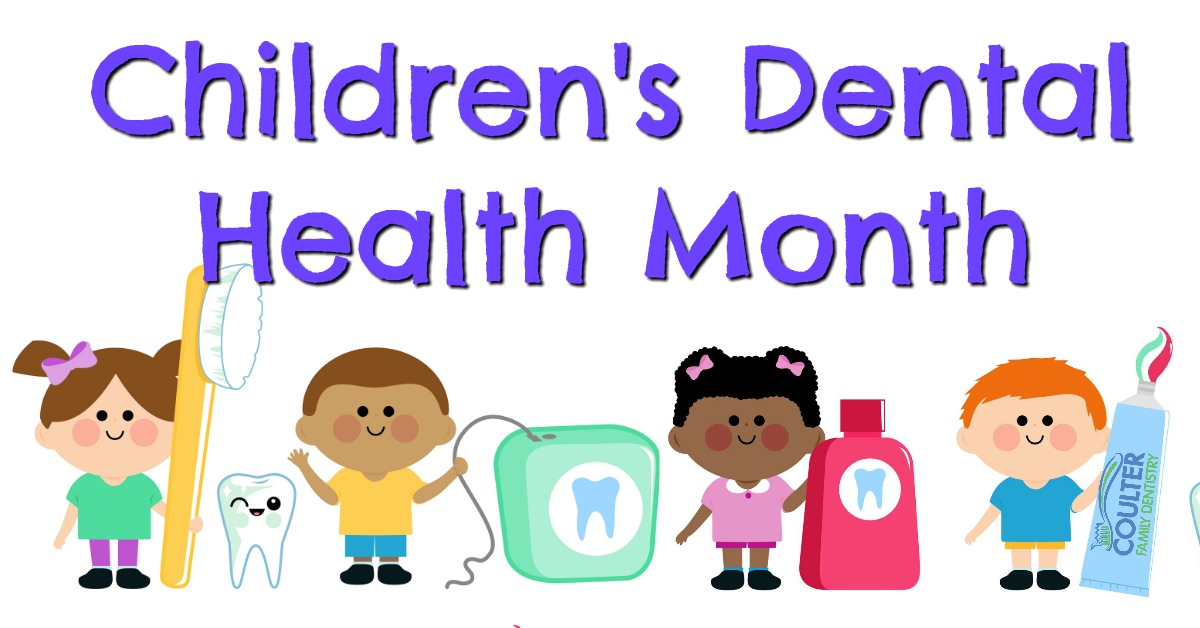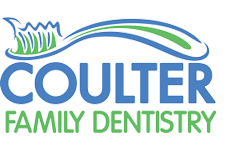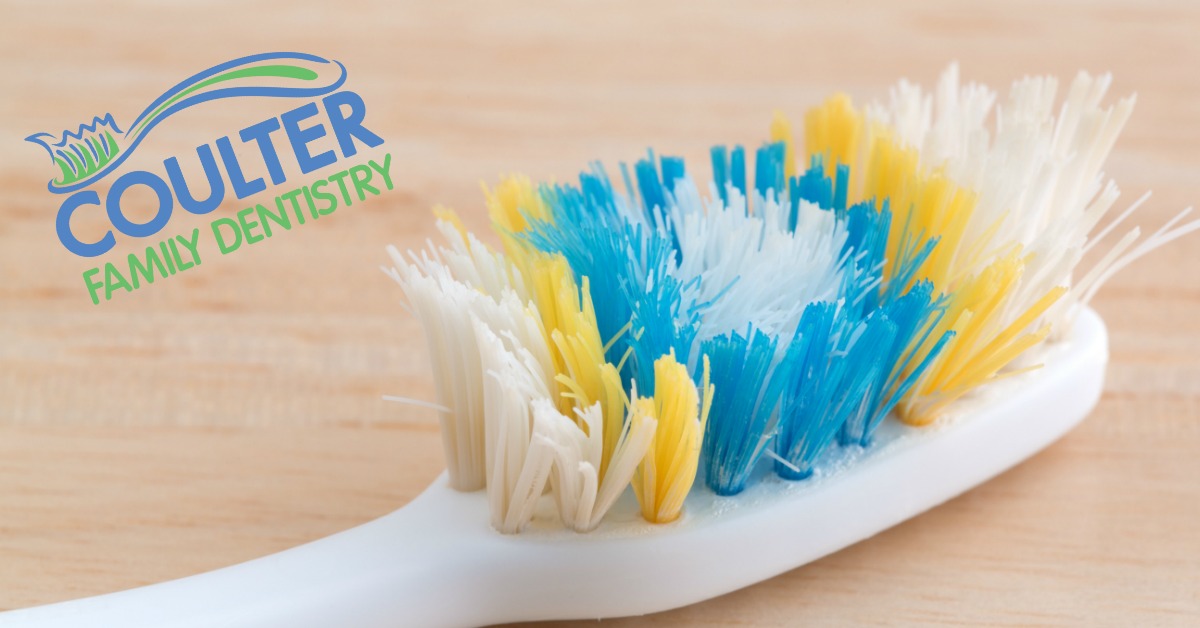REASON FOR THE DENTAL CLEANING "I brush my teeth at home so why do I…

Move Over Cupid: It’s Children’s Dental Health Month
If you walk into most any store in the month of February you will likely see an abundance of hearts and cupids adorning the decor. Many of these decorations appeared quickly after New Years Day. While cupid is cute and chocolate is sublime there is another observance that deserves some elbow room at the table this month.
National Children’s Dental Health Month (NCDHM) runs throughout February. The American Dental Association held the first national observance of Children’s Dental Health Day on February 8, 1949. In 1955 this single day observance became a week-long event. The program was extended to a month-long observance in 1981. Children’s Dental Health Month reaches thousands of people in communities across the country. Local observances may include health fairs, dental screenings, classroom presentations by dentists and other members of the dental team, and dental office tours.
The goal of National Children’s Dental Health Month is to raise awareness about the importance of good oral health. Developing good oral health habits at an early age and scheduling regular dental visits helps children to get a good start on a lifetime of healthy teeth and gums. Children with a poor diet and poor brushing habits during the first 2 years of life are more susceptible to a lifetime of tooth decay. The development of cavities in primary teeth increases the risk of developing caries in permanent teeth.
To help ensure the development of strong and healthy teeth it is essential to establish a proper oral hygiene routine early in life. Parents are ultimately responsible for their children’s oral health. They should be setting a daily routine and to making their children understand the importance of oral hygiene. Toothbrushing and flossing should be presented as an integral part of the daily hygiene routine. Children are very sensitive to positive reinforcement such as praise and affection, and learn best by imitating their parents.
Children should be allowed to brush their own teeth from an early age. However, until around age 7 children don’t typically have the dexterity to brush every surface of every tooth. Parents should lead and supervise their children’s toothbrushing approximately for at least the first seven years. Once motor and mental function allow the child to properly brush their teeth the parents may begin to minimize supervision.
Brushing should begin when the first teeth break through the gums. Around age 2 many children will want to brush their teeth but they will be unable to effectively clean all their teeth. Each time the child has finished brushing parents should re-brush the hard-to-clean areas. Around age 6 or 7 children are able to brush their teeth using a proper brushing technique. Parents should continue supervising the regular brushing of their children.
We don’t think that oral hygiene awareness will ever trump boxes of chocolate and long stem roses. Valentine’s Day drives the month of February and we’re cool with that. We just want to bring a little bit of awareness to your kids oral health and remind you to brush off that chocolate before laying a big wet kiss on your Valentine!



